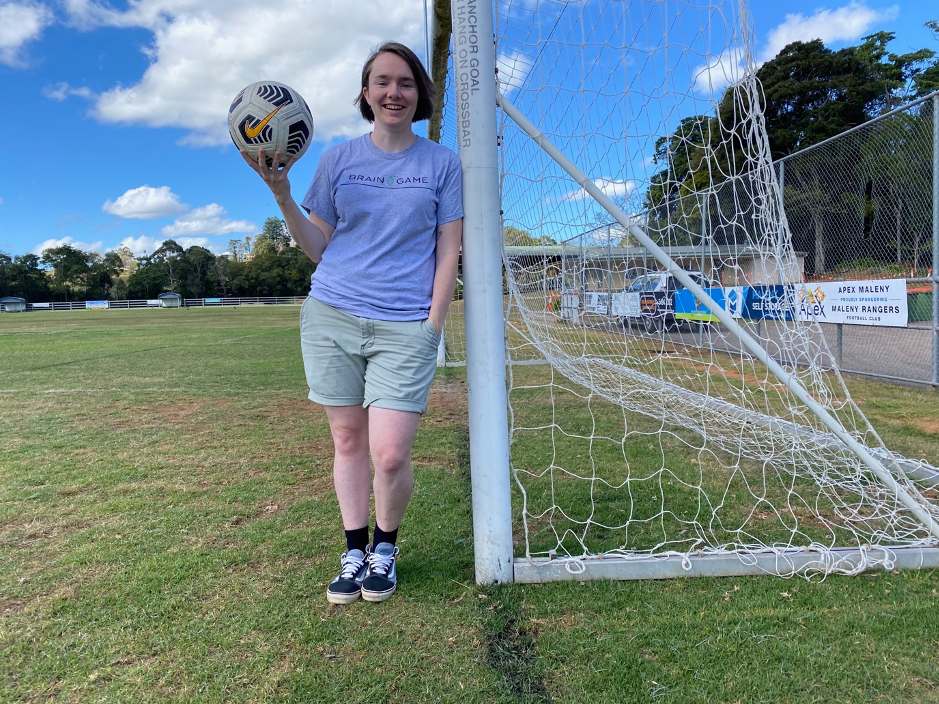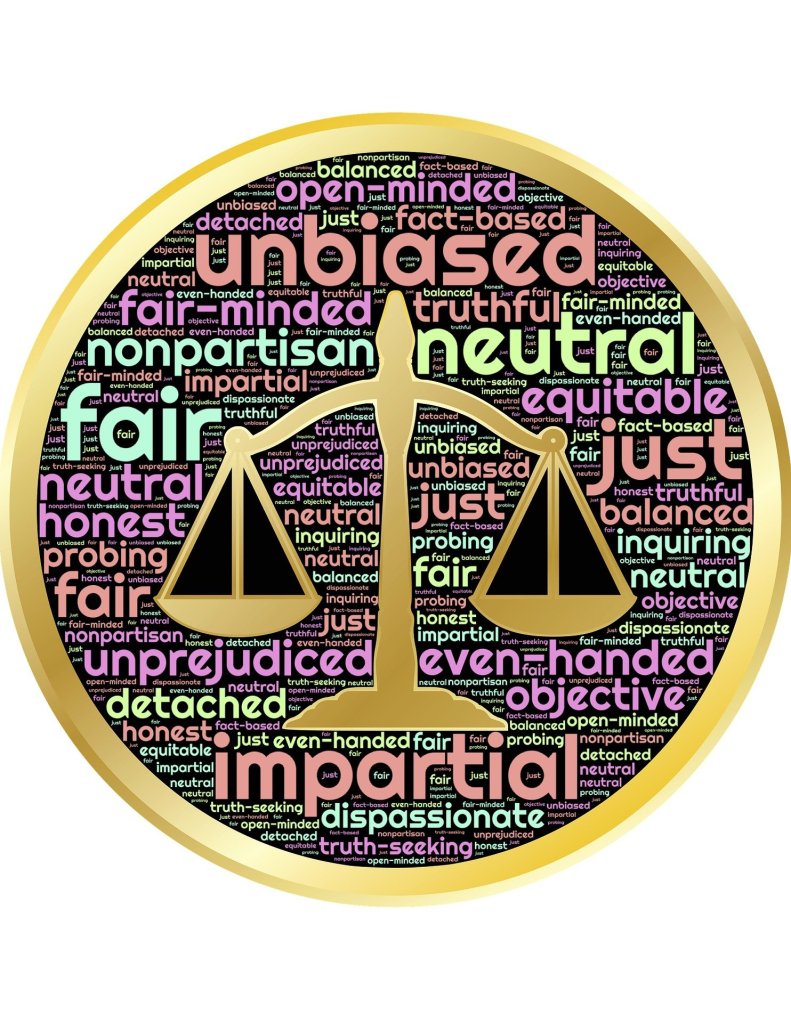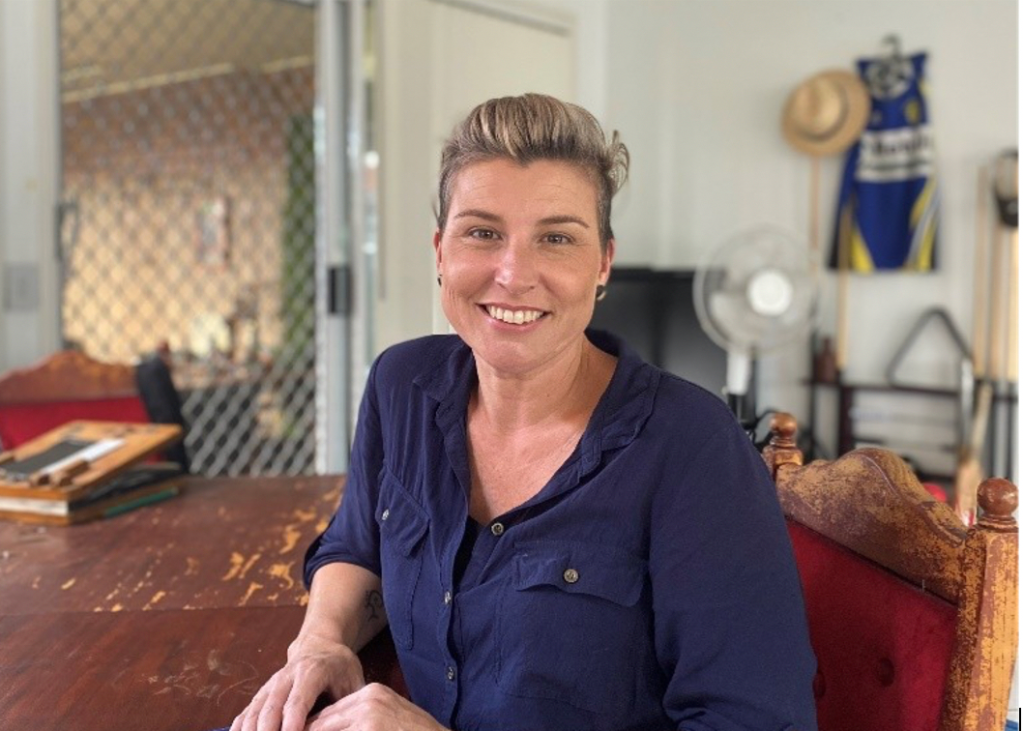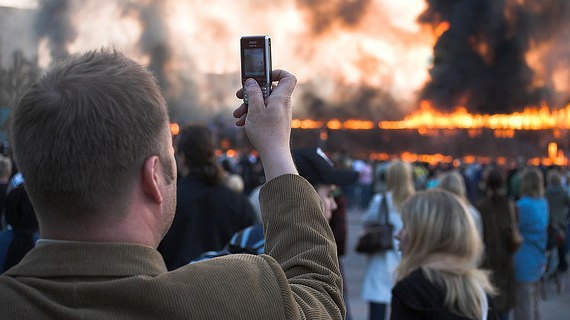The coffee cup sits abandoned on the sterile table at a cafe located on the first floor at the Sunshine Coast University Hospital. A chair screeches against the stark white floors as Mark Forrest stands up and answers a phone call. He’s just settled back into his chair, his aim on the caffeinated beverage, and then he’s up again, this time answering the call in French. As the Nursing Director of the Department of Emergency Medicine and numerous other sites, a position he has been in for eight years, Mark is always on the move and usually on one of multiple phones keeping up to date with a plethora of people.
As the COVID-19 pandemic continues to disrupt our way of life, a constant stream of health advice, vaccination locations and updates of those infected by the virus on a state to state basis, are plastered all over social media.
With over half of Australians keeping up to date with the latest news via platforms such as Facebook, Instagram and Twitter, this can lead to both beneficial and concerning outcomes; especially for those in the health industry, as some information lacks credibility and truth.
Screen time has also risen due to lockdowns and because of the general fear experienced by many because of the uncertainty of the pandemic and what lies ahead, it is no wonder the online world can be so worrying to the health industry as a whole.
Social media is a constant presence in everyday life and is only continuing to grow. With no end in sight of the constant stream of information that entangles itself into many people’s thoughts, decisions and opinions, numerous health services and departments are utilising its powerful effect on the masses. It aids in problem solving and guides those who are overwhelmed with information back to the right path, something Mark said has been very valuable during these confusing times.
“Social media has been massively beneficial to us,” he said.
“I think we’ve had very positive feedback in regard to it as well.
“We’re able to help people with their fears and provide information to many different groups of people.”
From COVID-19 myths ranging from theories that the 5G network can spread the virus, to a tracking microchip is inserted under the skin upon vaccine injection, those who work in the health sector are educated on helping patients back onto the right track. Anybody that comes into the emergency department at the University of the Sunshine Coast who are scared due to coronavirus misinformation are never sent away. If they are confused on what is in the vaccine, where to get it and also fearful of breaking lockdown to even go to the emergency department, they’re given information that is accurate and helpful.
“Staff are very much onto this and they are well aware of the impacts it is having on the public as well,” Mark said.
“They’re also aware of the distress it’s causing. We’re very keen to help people.”
Director of Communications and Corporate Affairs for the Sunshine Coast University Hospital Naomi Ford said social media has greatly assisted in providing up to date and accurate information and allowing those asking questions to receive a more personalised response for their health concerns.
“We can provide real time information in terms of vaccination clinics and when there are walk-in days,” she said.
“We can provide people with wait times, dates and where the best places are to go.
“A lot of the feedback we get from this is actually on private message. We’re able to provide a lot more individualised information than what you would see on public posts.”
Social media is full of pitfalls. The anti-lockdown marches in many rural towns and cities such as Brisbane, Sydney and Melbourne all attest to the snowball effect misinformation can have online. An article containing incorrect information could be the swaying point for many.
“I think the issue is that people are flooded with information, and if you’re sitting on the fence about a particular issue and the more you see about one particular side, the more you might read up on that and go oh, that must be true,” she said.
“There are a lot of negative views about COVID and vaccinations so those people who are sitting on the fence, it might skew them in a way which is really unfortunate.”
With a close-knit community such as the Sunshine Coast, who has a positive relationship with other healthcare facilities in Nambour and Gympie, misinformation can spread quickly due to staff sharing harmful posts on social media. And while most healthcare staff are pro-vaccination and fully educated on the latest COVID updates, Mark said this is not always the case.
“From a health perspective, it’s extremely harmful when we have colleagues that share views that are influencing others, and the sad thing is people are vulnerable,” Mark said.
“There’s so much information and people have lived through different fears in the last two years. We’ve seen impacts across the world on what social media has done in certain countries.
“I can prove anything through social media. I can do a Google search and go to page 52 and search that the moon is made of cheese, because there’s research from somebody that says that. It’s filled with dangers.”
Ultimately, social media has its pros and cons in the health industry. With the constant exposure to new misinformation daily, the battle of guiding people in the right direction will continue. Mark said as much as social media is a “godsend”, it is filled with dangers and misleading information. With the wellbeing of the community being the top priority for those who work in the healthcare industry, such as Mark and Naomi, the determination to provide accurate information regarding their patients’ health will always be the end goal.



